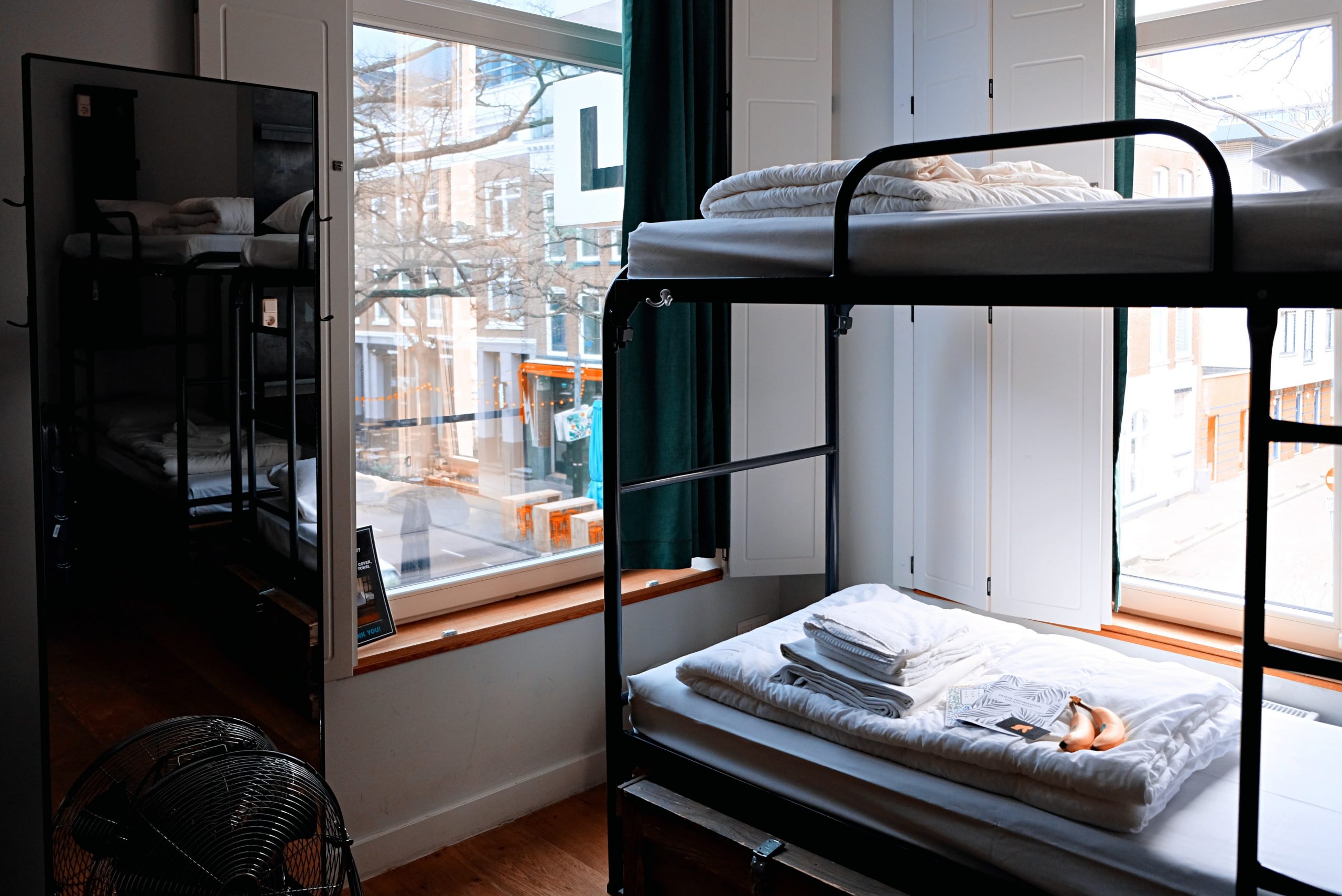Most parents brace for the teenage years and expect a certain amount of parenting struggle. But when a teen is defiant or struggles with a disorder like Oppositional Defiant Disorder (ODD), the difficulty level of raising that teen rises. Add to that a diagnosis of autism, and many parents can feel lost at how to deal with their teens.
If you have been struggling with a defiant teen on the autism spectrum, Help Your Teen Now is here to help. We understand that raising a non-neurotypical teen comes with unique challenges, and we have tips to help you deal with your defiant teen on the autism spectrum.
Tips To Help Deal With Non-Neurotypical, Defiant Teenagers
While every defiant teen on the spectrum is different, there is a variety of parenting practices you can employ to assist you in dealing with your teen.
Set clear rules and consequences – Teens on the autism spectrum often thrive best when given clear rules and consequences. Without them, parental discipline can appear arbitrary and frustrating, as your teen may not be able to understand why they are being disciplined. Without a clear understanding of the rules and consequences, it may drive your teen to behave more defiantly.
Opt for natural consequences as much as possible – When possible, opt for natural—also called logical—consequences. For instance, say your teen has been deliberately neglecting to pack a lunch, which results in calling you and demanding lunch money.
Instead of dropping everything to follow their whims, setting the clear consequence that forgetting lunch means no food until they get home will help your teen learn far faster than any lecture. The only time you should not choose logical consequences is if it puts your teenager in harm’s way.
Redirect negative hyper-focus – Teens on the autism spectrum have a tendency to hyperfocus. Sometimes it can be positive, such as a fascination with a certain aspect of history or construction. However, when they negatively hyper-focus, it can become an emotional, spiraling meltdown.
To help break your teen out of negative hyper-focusing, help them to process their feelings in a less destructive way, such as writing, art, or some other medium. Also, helping your teen recognize the early signs that they are negatively hyper-focusing can assist them in becoming more self-aware and self-sustaining.
Find therapists who specialize in teens on the spectrum – One of the most effective local resources you can have is a therapist who specializes in working with non-neurotypical teens. With their help and advice, both you and your teen can learn new skills, work on communication difficulties, and more.
Work with teen’s school for IEP – Your other significant resource in helping you deal with your teen’s defiance is their school. Once you have a diagnosis for your teen on the spectrum, be sure to get them an Individual Education Plan (IEP).
With an IEP, your teen can receive the extra services and assistance they need to succeed, from more time on tests to an assistant to work with them, depending on your teen’s needs.
Provide high amounts of structure – What may be considered micromanaging for another teen may be just the right amount of structure for a teen on the spectrum. While they don’t need to be managed down to the minute, struggling teens can benefit from a clear daily structure that helps them focus on positive activities and behaviors.
Consider A Therapeutic Boarding School For Your Teen on the Autism Spectrum
Sometimes, despite parents’ best efforts, their local resources aren’t enough to help their non-neurotypical, defiant teenagers thrive. In these cases, a therapeutic boarding school for troubled teens can be an excellent resource.
At a therapeutic boarding school for troubled teens, a defiant teen on the autism spectrum can receive the therapeutic help, support, and structure they need to succeed. The daily schedule at these facilities is designed to help students address their root issues while also addressing the teenagers’ academic, social, and physical needs.
And, while not all therapeutic boarding schools are equipped to help teens on the autism spectrum, there are programs available that do specifically understand the unique needs of children on the spectrum.
If you would like a free, personalized advice concerning your child on the spectrum and what troubled teen programs would be suited to them, feel free to contact us. We look forward to helping you find the right solutions for your teen.











0 Comments